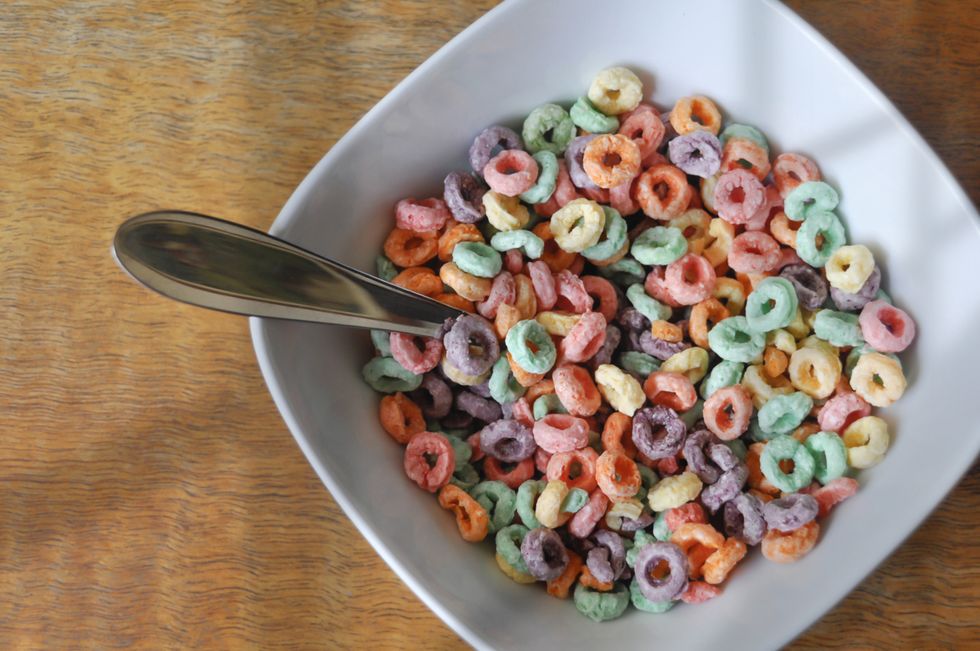A health expert shares how to avoid diabetes
GB News
Blood sugar spikes increase fatigue and make people thirsty
Don't Miss
Most Read
Trending on GB News
There are multiple factors that contribute to blood sugar spikes, including lifestyle and dietary choices.
A health coach has shared what foods cause blood sugar spikes and how to stabilise glucose levels.
Health Coach Steve Bennett explained: "Big blood sugar spikes are primarily caused by ultra-processed carbohydrates, especially those stripped of fibre."
Foods such as white bread, sugary cereals, pasta and baked goods lack fibre and "digest rapidly into sugar".

The expert advised cutting out foods like sugary cereals from your diet
GETTY
Alongside these ultra-processed carbohydrates, Steve added: "Hidden sugars in 'healthy' foods like granola bars, fruit juices, low-fat yoghurts, and smoothies often contain as much sugar as desserts and are big spikers.
"Unexpected culprits like rice cakes (higher glycemic index than sugar), dried fruit, sushi with white rice, and even sweet potato fries can trigger large glucose spikes."
The expert recommended "incorporating fibre, protein and healthy fats" into every meal to "prevent blood sugar spikes".
He said: "This slows the absorption of sugars and helps maintain steady glucose levels."
The health coach recommended five straightforward hacks to stabilise your daily glucose levels.
Steve advised: "Eating high-fibre foods before a meal can significantly reduce glucose spikes. Start with a salad, raw vegetables, or a handful of nuts before eating a carb-heavy snack."
Strategically planning out your food is another effective method. By "combining high-carb foods with protein and healthy fats", individuals can slow down their digestion, so their glucose levels do not noticeably shift.
Aside from foods, moving about after eating can significantly impact your blood sugar levels.
LATEST DEVELOPMENTS

'A short 10-minute walk after eating can reduce glucose spikes by up to 30 per cent'
GETTY
The diabetes expert said: "A short 10-minute walk after eating can reduce glucose spikes by up to 30 per cent. Gentle movement helps muscles use up excess sugar before it accumulates."
Adding vinegar to your meals can "improve insulin sensitivity and lower post-meal glucose levels". The expert recommended having a tablespoon of apple cider vinegar in water.
He added: "[Start with making] smart swaps. Replace white rice with cauliflower rice, use leafy greens instead of tortillas, and swap tropical fruits for lower-glycemic berries."
Another health expert shared their top three breakfast ingredients to "reverse insulin resistance" and "balance blood sugar".







